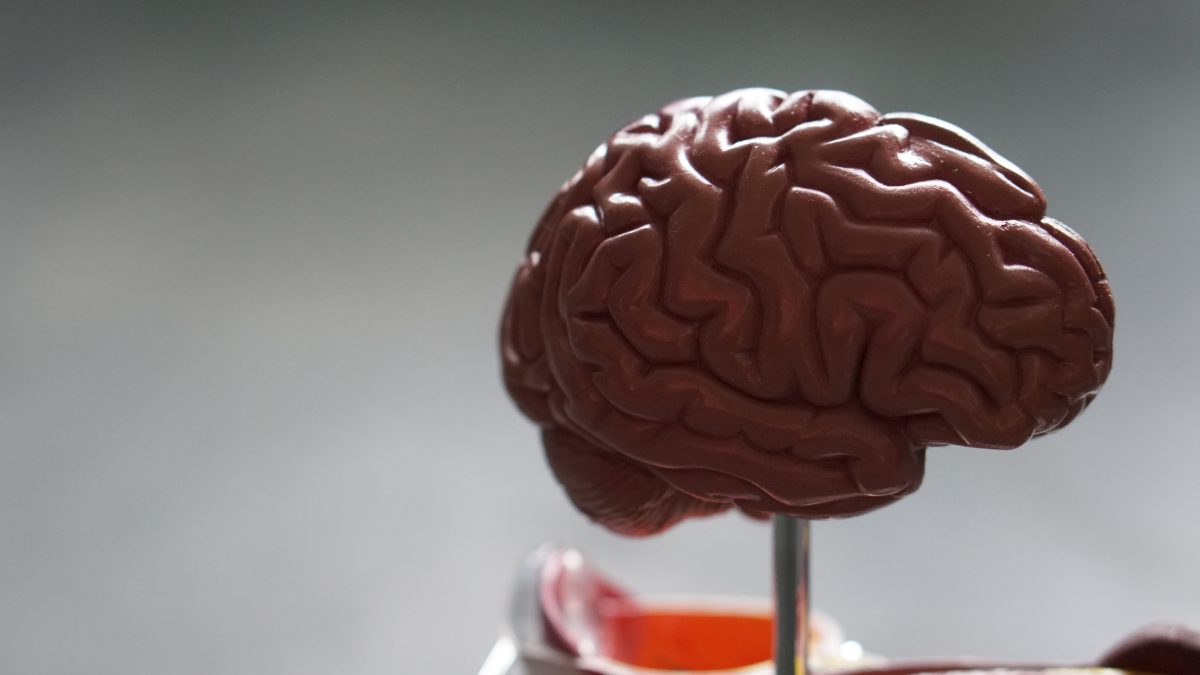Apart from other areas, alcoholism negatively impacts the CNS
Alcohol is toxic and overdrinking damages all parts of the alcoholic’s life. Their brain, liver, gastrointestinal system and heart are affected physically. Moreover, their social life, relationships, career, financial stability, and education are adversely affected.
Let’s look at what it does to your central nervous system (CNS):
Alcohol interferes with the supply of oxygen and glucose (blood sugar) to the brain, leading to cell suffocation, cell death, and in many late-stage alcoholics, brain damage. Oxygen levels are notably diminished even at 0.1 per cent blood alcohol concentrations (the legal alcohol limit in England, Wales, and Northern Ireland for driving are 80 milligrams of alcohol per 100 millilitres of blood or 35 micrograms of alcohol per 100 millilitres of breath). At 0.3 per cent blood alcohol concentration (the level where most people would appear drunk, staggering around and slurring their speech), the amount of oxygen reaching the brain cells is decreased by 30 per cent. At 0.5 per cent blood concentration (a dangerously high, potentially fatal level), the oxygen available to the brain is diminished by 60 to 80 per cent.

Alcohol and Young Persons
Young people’s brains are particularly vulnerable to alcohol’s toxic effects. A US study found that children who begin drinking at the age of thirteen faces a 47 per cent risk of becoming an alcoholic during their lifetime. The risk falls to 25 per cent for adolescents who start drinking at the age of seventeen and 10 per cent for those who have their first drink at twenty-one.
This means that there are people who will become alcoholics due to drinking at an early age who would not be so afflicted if they postponed alcohol exposure until after the biological and developmental changes that occur during adolescence. In other words, young men and women who may not have a high genetic risk for alcoholism may be susceptible to addiction based on the interaction between alcohol and their rapidly developing bodies and brains.
Several studies have reinforced the genetic link to alcoholism. Adolescents with a family history of alcoholism who began drinking at age thirteen have a 60 per cent risk of becoming alcoholics compared with a 30 per cent risk in those with no family history of the disease. Researchers believe that early drinking, particularly in children genetically predisposed to alcoholism, may cause irreversible changes in the brain, leading to a much higher risk of developing alcoholism.
In drinkers of any age, prolonged heavy drinking may damage the cerebral cortex, causing a condition known as alcoholic chronic brain syndrome or alcoholic dementia. Long-lasting deficits may occur in four essential areas of brain functioning: abstract thinking and problem solving, verbal skills and memory, fine and gross motor movements, and visuospatial skills. Personality changes associated with brain damage include emotional instability, paranoia, and mood swings.
As alcoholism progresses, the brain’s ventricles (hollow spaces) enlarge, and the cortex shrinks. Brain shrinkage occurs in women after shorter periods of alcohol exposure; the most likely reason is differences in the way women metabolize alcohol. In elderly drinkers, much smaller amounts of alcohol can lead to cognitive impairments, such as mental confusion, memory loss, perceptual problems, and problem-solving difficulties. In one study conducted at the University of Maryland, 10 per cent of patients over age sixty diagnosed with Alzheimer’s disease suffer from brain toxicity and brain damage due to prolonged heavy drinking. In alcoholic patients, the brain begins to clear after two months of abstinence. In patients with Alzheimer’s, the brain damage is irreversible.
Get Support Before It’s Too Late!
You must seek help before the toxic effects of alcohol begin to cause lasting damage. A detox is the first stage. Suppose you don’t want to get admitted to a rehab or can’t afford to. In that case, home detox is an ideal alternative for safe, effective and confidential recovery from alcoholism in the supportive environment of your home. Continued therapy for preventing relapse and addressing ongoing issues in early recovery are also available at www.AddictionUK.com
If you or a loved one is having a problem with drinking, call Freephone 0800 140 4044
Freephone: 0800 140 4044
Local rate: 0300 330 3040

